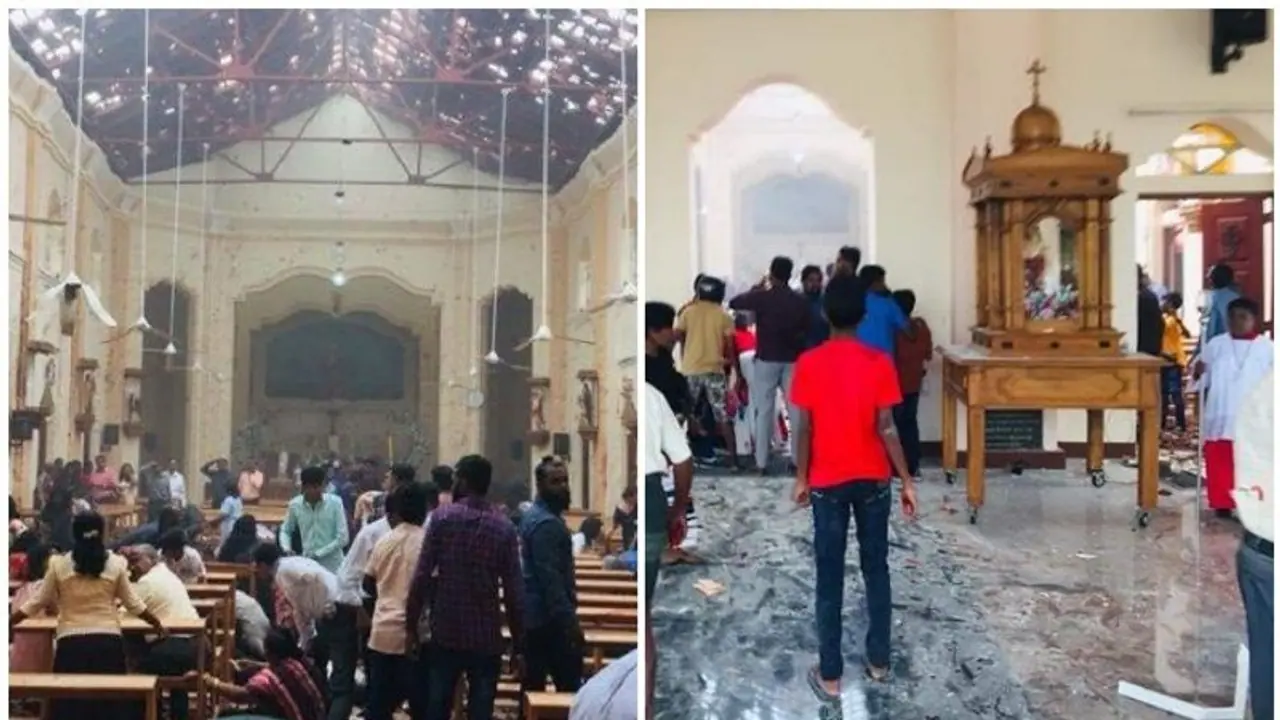Social media has been blocked once again in Sri Lanka after rising tension between the Muslims and the Sinhalese was reported. Facebook and WhatsApp have been blocked.
Colombo: The Sri Lankan government has once again blocked social media. This after increasing tension between minority Muslims and majority Sinhalese, in the area was reported.
The social media block comes just a day after the Sri Lankan police imposed a curfew in the island country’s western coastal town of Chilaw.
A mob attacked a mosque and a few shops owned by Muslims after a dispute began following a Facebook post by a Muslim shop owner.
Also watch: Sri Lanka blasts: Anti-aircraft gun bullets found in Vavuniya forest
The blockade of Facebook and WhatsApp has been imposed from midnight following violent incidents between the minority Muslim and majority Sinhalese communities, officials said.
Late in the evening on Sunday, the unrest spread to Kuliyapitiya where a mosque and a few shops owned by Muslims came under attack, prompting authorities to impose curfew in the northwest town.
The majority nationalist groups have been active on Facebook, reviving calls for boycotts of Muslim-owned businesses and spreading hate.
The violence is a direct fallout from the Eastern Sunday's suicide bombings.
Also watch: Sri Lanka blasts: Police officials discover ‘training camps of terrorists’
Nine suicide bombers, including a woman, carried out a series of devastating blasts that tore through three churches and three luxury hotels, killing 258 people and injuring over 500 others on April 21.
The Islamic State claimed responsibility for the attacks, but the government has blamed local Islamist extremist group, the National Thawheed Jama'ath (NTJ), for the bombings.
Sri Lanka had previously blocked social media several times after the Eastern Sunday bombings to prevent the spread of false news reports.
Also read: Sri Lanka blasts: Curfew reimposed in Negombo after clashes; social media banned
The Sunday curfews came as Catholic churches held their first Sunday mass amid tight security.
The primary schools which did not open after the attacks resumed classes on Monday with low attendance. The attendance of classes above grade 5 was very low.
Parents had refused to send their children to schools despite repeated assurances from the security establishment that the threats of more attacks had been nullified.
Sri Lanka's police say they have either killed or arrested all those responsible for the bombings but that the threat of global terrorism persists.
President Maithripala Sirisena has vowed to eliminate the militants and restore normalcy in the country.
